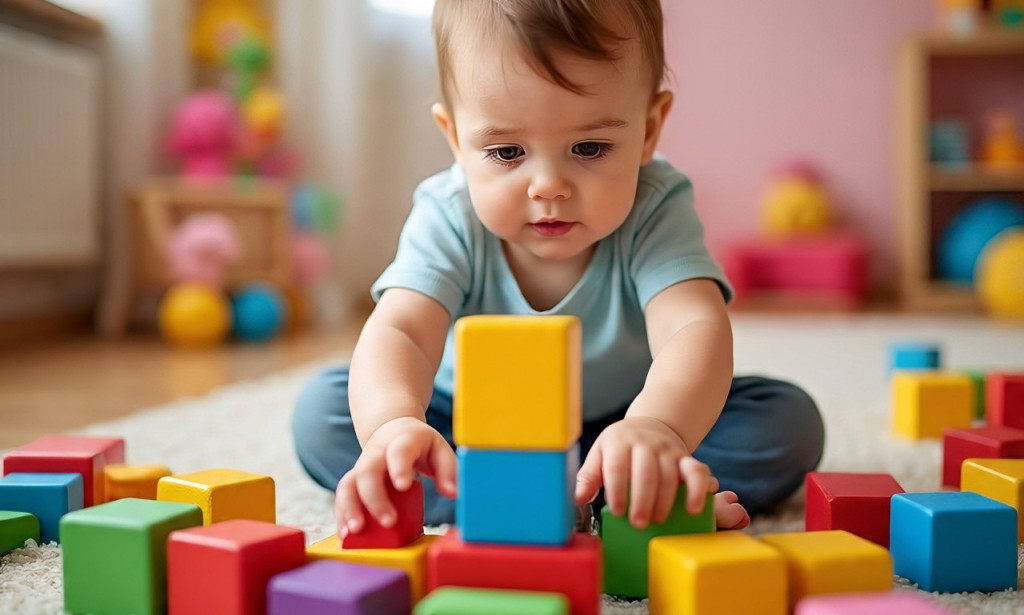Child brain development is a complex and dynamic process. From birth to age five, children's brains undergo rapid growth and transformation. During this period, neural connections are formed and refined, laying the foundation for future cognitive, social, and emotional abilities.
Sensory experiences, interactions, and play significantly impact brain development. Children learn by exploring their environment, asking questions, and solving problems. Positive relationships with caregivers and educators also play a crucial role in shaping brain development.
As children progress through childhood and adolescence, their brains continue to mature and specialize. Cognitive skills like language, problem-solving, and decision-making improve, while emotional regulation and self-control develop.
Factors like nutrition, sleep, and physical activity influence brain development. A balanced diet rich in essential nutrients, adequate sleep, and regular exercise support healthy brain function.
Early experiences have a lasting impact on brain development. Adverse childhood experiences, such as trauma or neglect, can affect brain structure and function, potentially leading to long-term consequences.
Supporting children's brain development requires a comprehensive approach. Providing a nurturing environment, engaging in activities that promote learning, and ensuring access to healthcare and education can help children reach their full potential. By understanding the complexities of brain development, we can better support children's growth and well-being. A healthy and supportive environment fosters a strong foundation for future success.

You must be logged in to post a comment.